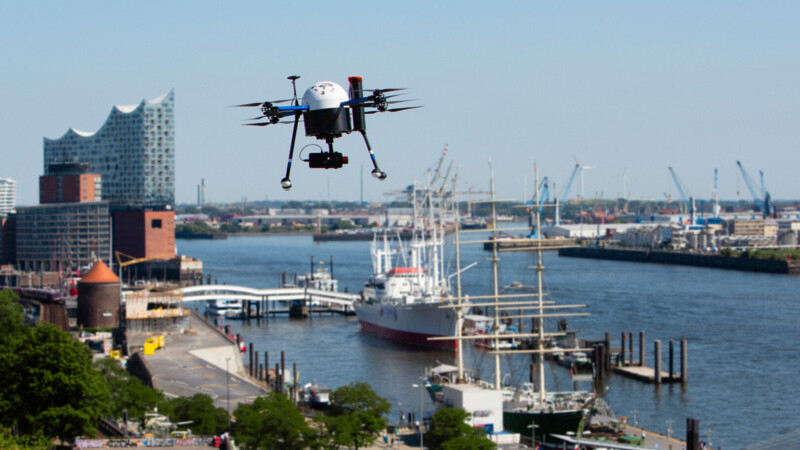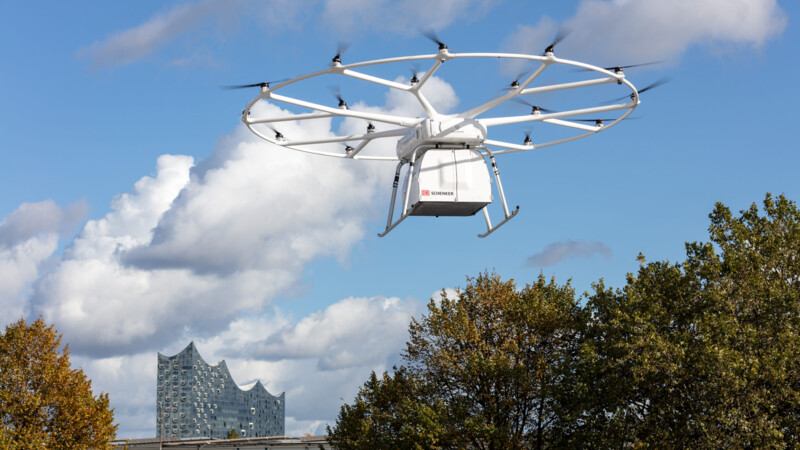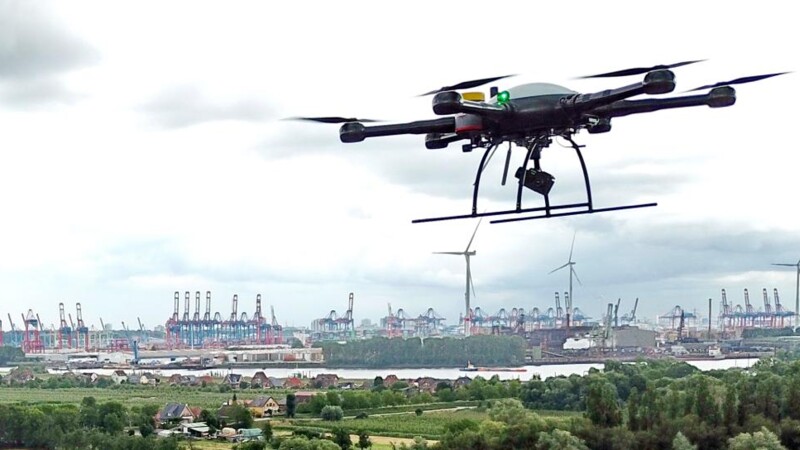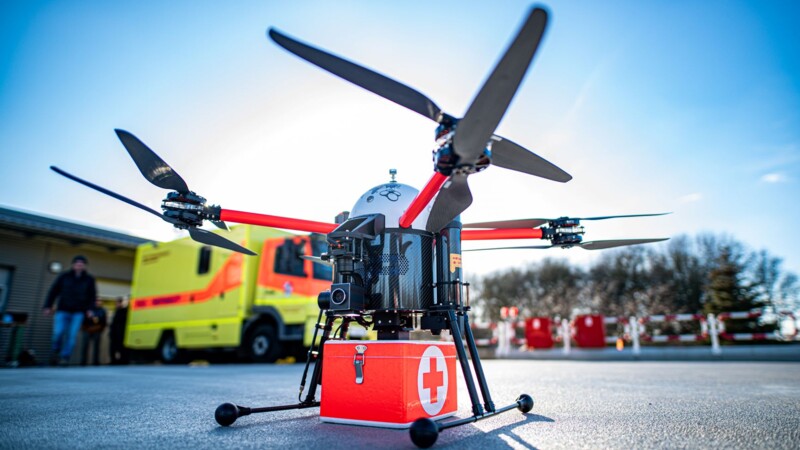"The findings from the real lab show that the implementation of the U-Space concept in Germany works. Implementation can now be consistently pursued to efficiently enable the safe use of drones," said Angela Kies, Head of Unmanned Aircraft Systems at DFS. Drones can be used even more frequently in logistics, agriculture, for supplying remote areas or for transporting vital medical equipment. Volker Wissing, Germany's Minister for Digital Affairs and Transport, stressed: "With around 400 companies, Germany is the lead market for drone technologies. We want to strengthen and further expand this technological lead. The U-Space Reallabor has answered many important questions for us on establishing U-Space areas."
Droniq GmbH and its parent company DFS Deutsche Flugsicherung GmbH have published their recommendations for establishing U-Space areas based on a research project funded by the German Federal Ministry of Digital Affairs and Transport. The U-Space areas are to be further advanced and will serve as a blueprint for their introduction across Germany from 2023. Tests of a drone airspace were carried out in real-time conditions above the Port of Hamburg in late 2021. Hamburg has been an official EU model region for the civilian use of drones and other urban aviation technologies since 2018.
Nationwide launch from 2023
Hamburg's U-Space as basis for more projects
The recommendations include setting up U-Space areas in model regions. Droniq and DFS recommend complex airspaces with busy unmanned and manned air traffic, such as large cities with airport connections as such areas need a co-ordinating and regulating framework environment. Then, more U-Space areas could be introduced or existing U-Space areas expanded or interlinked. Droniq and DFS have developed a catalogue of criteria to assess when and where U-Space areas would be feasible.
tn/sb/pb
Sources and further information
More
Similar articles

Hamburg's Vertiport now testing airfields for drones

World premiere of Volocopter cargo drone in Hamburg

